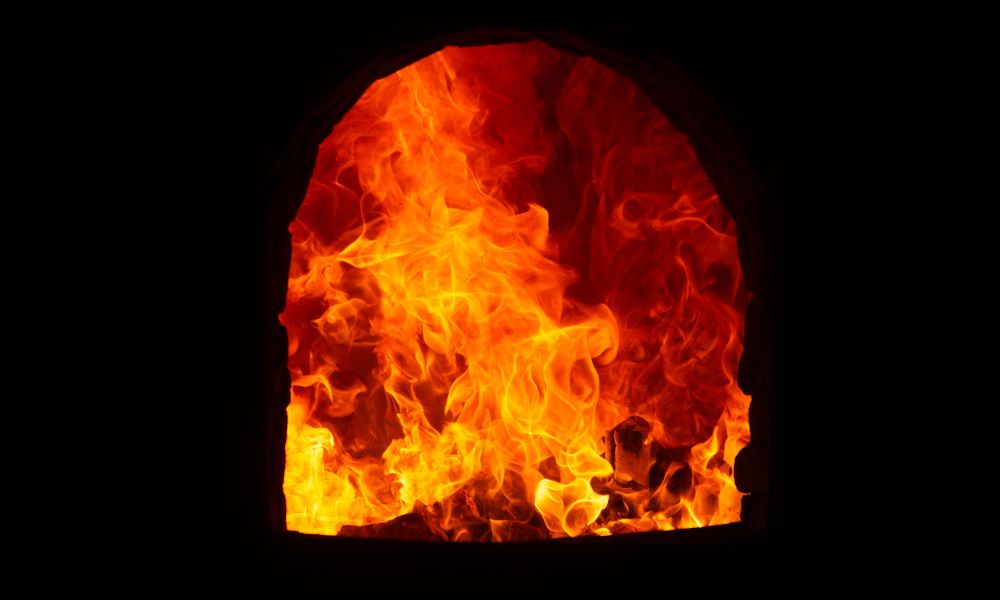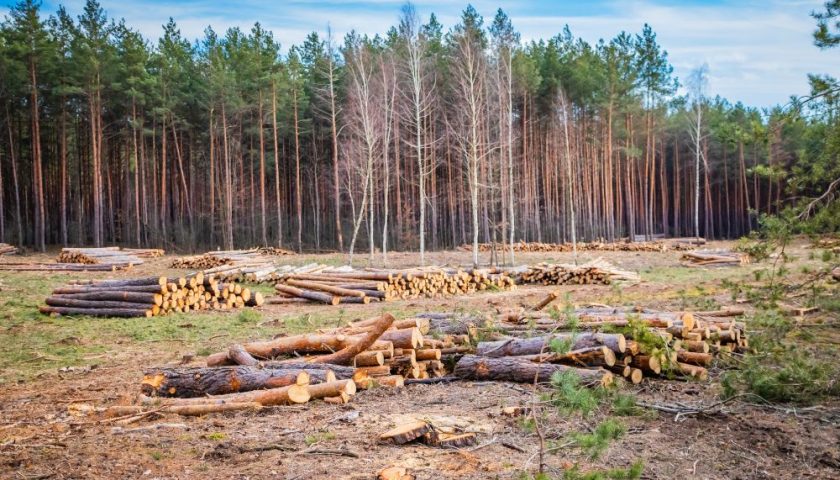Managing waste at a time when we’re trying to take better care of the environment is tricky to figure out. One way people are trying to manage waste without throwing it into a landfill is incineration. While this often isn’t the most environmentally-friendly option, it’s sometimes the only option, especially when dealing with potentially hazardous waste. We’ll explain what to know about waste incineration if you know you must use it.
Impact of the Clean Air Act
The Clean Air Act of 1970 (CAA) sought to create standards for incinerating waste. Environmental experts were concerned about the air and water pollution from many waste incineration plants across the country and wanted to implement regulations to make the process safer. New waste incineration plants comply with the ever-evolving CAA requirements; they can keep the environment safe while disposing of professional or personal waste. If you use a waste management company, they probably have a safe plant or partner with one in the area.
Waste-to-Energy Possibilities
As the CAA continues to develop waste incineration practices that protect the environment, waste management companies have developed new incineration options. One of those options is turning waste into energy. Instead of just burning waste and letting ash and heat enter the environment, waste-to-energy uses the heat to turn water into steam that turns turbines, creating energy. If you have to incinerate your waste because you’re disposing of off-spec pharmaceuticals or something similar, waste-to-energy may be possible.
Incineration Limits
While you may want the waste from your business or home to process and create energy, that’s not always possible. Governmental limits on waste incineration didn’t just change how incineration plants functioned—they also changed what they’re allowed to burn. For example, they cannot incinerate sharp objects such as needles, heavy metals, or specific medications. If you hire a waste management company, they can sort your waste and decide what’s safe to incinerate and what they’ll have to dispose of another way.
You can learn a lot of information about waste incineration if you’re considering it for your business or personal needs. Understanding the complicated laws and new waste-to-energy opportunities gives you insight into this process so you can decide if it’s the best waste disposal method available to you.





